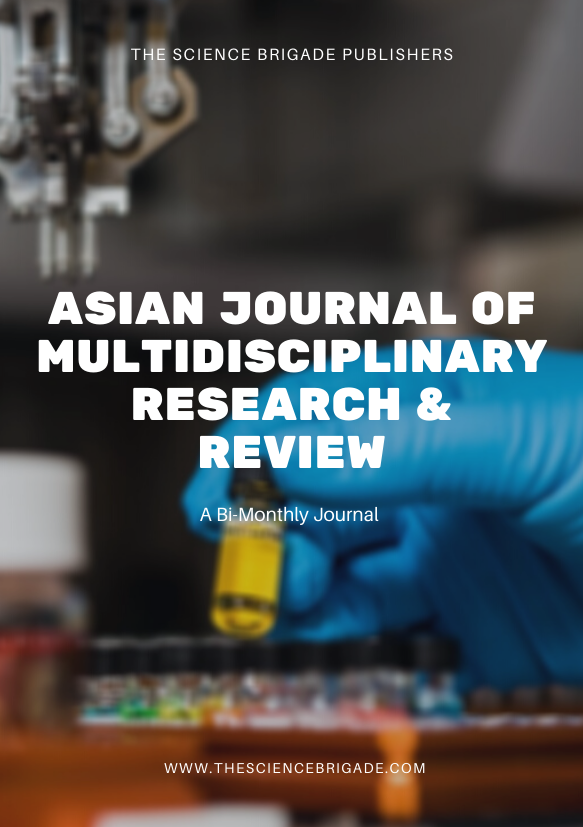This article is written based on the over-inflated enthusiasm for civil servants to apply for the examination in China, which reflects the social pattern of ordinary and middle-class people in China who pursue a stable life. China has won the battle against poverty in an all-round way and is heading towards the path of socialist common prosperity. All Chinese people will continue to work hard for this.Today in the 21st century, China’s education system is constantly improving, and China’s education funds for all grades are constantly being invested. However, China is a country with a population of 1.4 billion. To achieve a real education power, the Chinese Ministry of Education should deepen regional differences and investigate sustainable cultivation systems suitable for the present and the future. The focus is on exploring various higher education and civil service examinations suitable for the long-term development of the Chinese nation.China’s civil servant selection exam is very strict, with the aim of selecting a group of outstanding talents to enter government jobs every year. The central government should speed up the implementation of reform of the contract-based civil servant system, and strive to make grass-roots civil servants willing to stay at the grass-roots level and serve the people steadfastly.Reform the current age limit for those who sign up for the civil service examination, and strive to attract new comprehensive, and professional highly educated talents.The introduction policies of highly educated talents in various places in China should make good use of talents and retain talents. They should not be mere formalities. They should not only be used to complete the current government’s performance goals or to complete the tasks of superiors, and they should not only use short-term interests to attract doctoral talents. The central government should try its best to support private enterprises, so that private enterprises can enjoy the same treatment as central enterprises and state-owned enterprises. Private enterprises are the main economic support of a country and the place where many ordinary people work and live. It is necessary to guide private enterprises to speed up scientific and technological innovation measures, and allow more private enterprises to participate in international business exchanges through the “Belt and Road” construction.
Research on “God Power” of Chinese Civil Service Examination
Publication Information
Journal Title: Asian Journal of Multidisciplinary Research & Review
Author(s): Yinjin Xiao
Published On: 18/04/2022
Volume: 3
Issue: 2
First Page: 92
Last Page: 104
ISSN: 2582-8088
Publisher: The Law Brigade Publisher
Cite this Article
Yinjin Xiao, Research on “God Power” of Chinese Civil Service Examination, Volume 3 Issue 2, Asian Journal of Multidisciplinary Research & Review, 92-104, Published on 18/04/2022, doi.org/10.55662/AJMRR.2022.3204 Available at https://ajmrr.thelawbrigade.com/article/research-on-god-power-of-chinese-civil-service-examination/
Abstract
Share this research
Latest Publications

License Information
Copyright © [hfe_current_year]
Yinjin Xiao

Ownership and Licensing:
Authors of this research paper submitted to the Journal of Science & Technology retain the copyright of their work while granting the journal certain rights. Authors maintain ownership of the copyright and have granted the journal a right of first publication. Simultaneously, authors agreed to license their research papers under the Creative Commons Attribution-NonCommercial-ShareAlike 4.0 International (CC BY-NC-SA 4.0) License.
License Permissions:
Under the CC BY-NC-SA 4.0 License, others are permitted to share and adapt the work, as long as proper attribution is given to the authors and acknowledgement is made of the initial publication in the Journal of Science & Technology. This license allows for the broad dissemination and utilization of research papers.
Additional Distribution Arrangements:
Authors are free to enter into separate contractual arrangements for the non-exclusive distribution of the journal’s published version of the work. This may include posting the work to institutional repositories, publishing it in journals or books, or other forms of dissemination. In such cases, authors are requested to acknowledge the initial publication of the work in the Journal of Science & Technology.
Online Posting:
Authors are encouraged to share their work online, including in institutional repositories, disciplinary repositories, or on their personal websites. This permission applies both prior to and during the submission process to the Journal of Science & Technology. Online sharing enhances the visibility and accessibility of the research papers.
Responsibility and Liability:
Authors are responsible for ensuring that their research papers do not infringe upon the copyright, privacy, or other rights of any third party. The Journal of Science & Technology and The Science Brigade Publishers disclaim any liability or responsibility for any copyright infringement or violation of third-party rights in the research papers.




